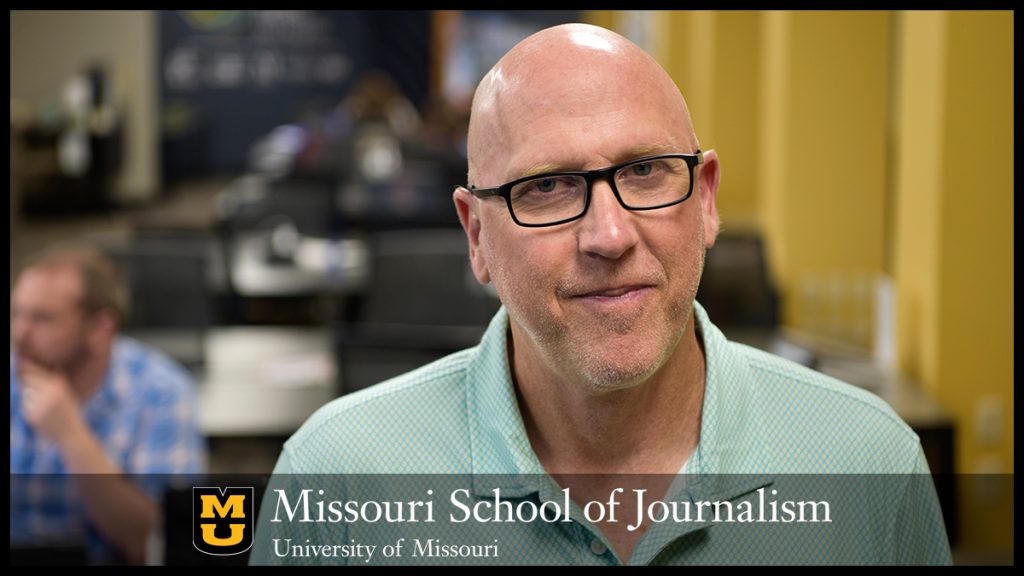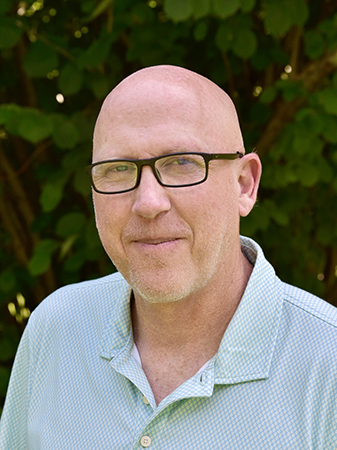Mark Saxon joins Columbia Missourian as associate sports editor and faculty member


COLUMBIA, Mo. (July 2, 2025) — The Missouri School of Journalism has announced that Mark Saxon, a journalist with more than two decades of experience in sports reporting, is the new associate sports editor for the Columbia Missourian and an assistant professional practice professor.
At the School of Journalism’s professional community newspaper, Saxon will coach and edit student sports reporters with an emphasis on the Mizzou Football beat this fall.
“Mark brings many years of experience covering sports, including for The Athletic and ESPN,” said Elizabeth Stephens, executive editor of the Missourian. “We look forward to having him join the Missourian with the experience he has from the industry, as well as his enthusiasm for working with students.”
Saxon began his career covering Major League Baseball for daily newspaper the Oakland Tribune, a focus that continued throughout his time as a reporter at ESPN, The Athletic and other news organizations. Along the way, he has also gained experience in radio broadcasting and covering high school and college sports.
Uniting it all has been a passion for marrying the fact-based reporting and ethics of journalism with the creative thrill of sports writing.
“It has to be about going and getting real information, because what we’re lacking right now as we lose news outlets is original reporting. The goal is to give us something new. If you’re a fan, that’s what you want — you don’t want hot takes.”
Mark Saxon
“I always like to look at it like it’s a serialized novel,” Saxon said. “You’re telling the story of that season or that team in small, daily increments.”
But don’t get him wrong; it’s the charm and long, arching narrative of a serialized novel — not the fiction — that invites the comparison. In fact, the importance of deep, authentic reporting rather than off-the-cuff opinions is a key piece of wisdom that he hopes to impart to students, especially as professional sports teams develop increasingly sophisticated PR machines to tell their own stories.
“It has to be about going and getting real information, because what we’re lacking right now as we lose news outlets is original reporting,” he said. “The goal is to give us something new. If you’re a fan, that’s what you want — you don’t want hot takes.”
This won’t be Saxon’s first opportunity to teach students; Nearly a decade ago, he had a stint as an associate professor at Webster University in St. Louis. In an industry where the stereotypical sports reporter was once as hard-edged as a dead-ball era spitballer, what draws him to teaching is a desire to nurture more positive and educational relationships with young reporters. “A lot of the writers when I came up were extremely unwelcoming,” he said. “It was hard to crack the fraternity, and I just never wanted to be that guy. I’ve always enjoyed talking about the business with younger reporters and forming mentor relationships with them. The motivation to be great has to come from them, but if I can inspire that or make them feel like they’re capable of it, I think I’m doing a good job.”
Updated: July 2, 2025